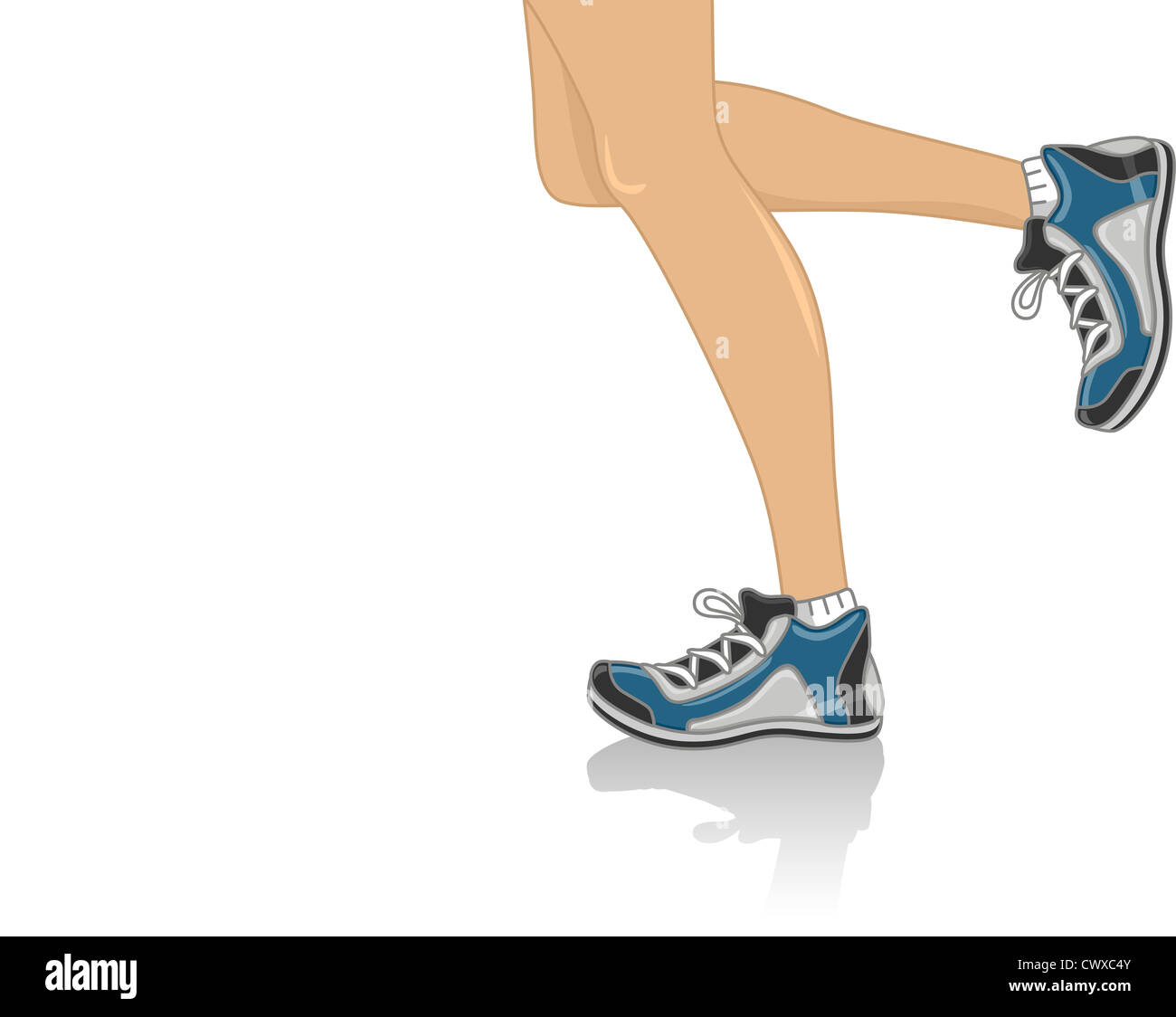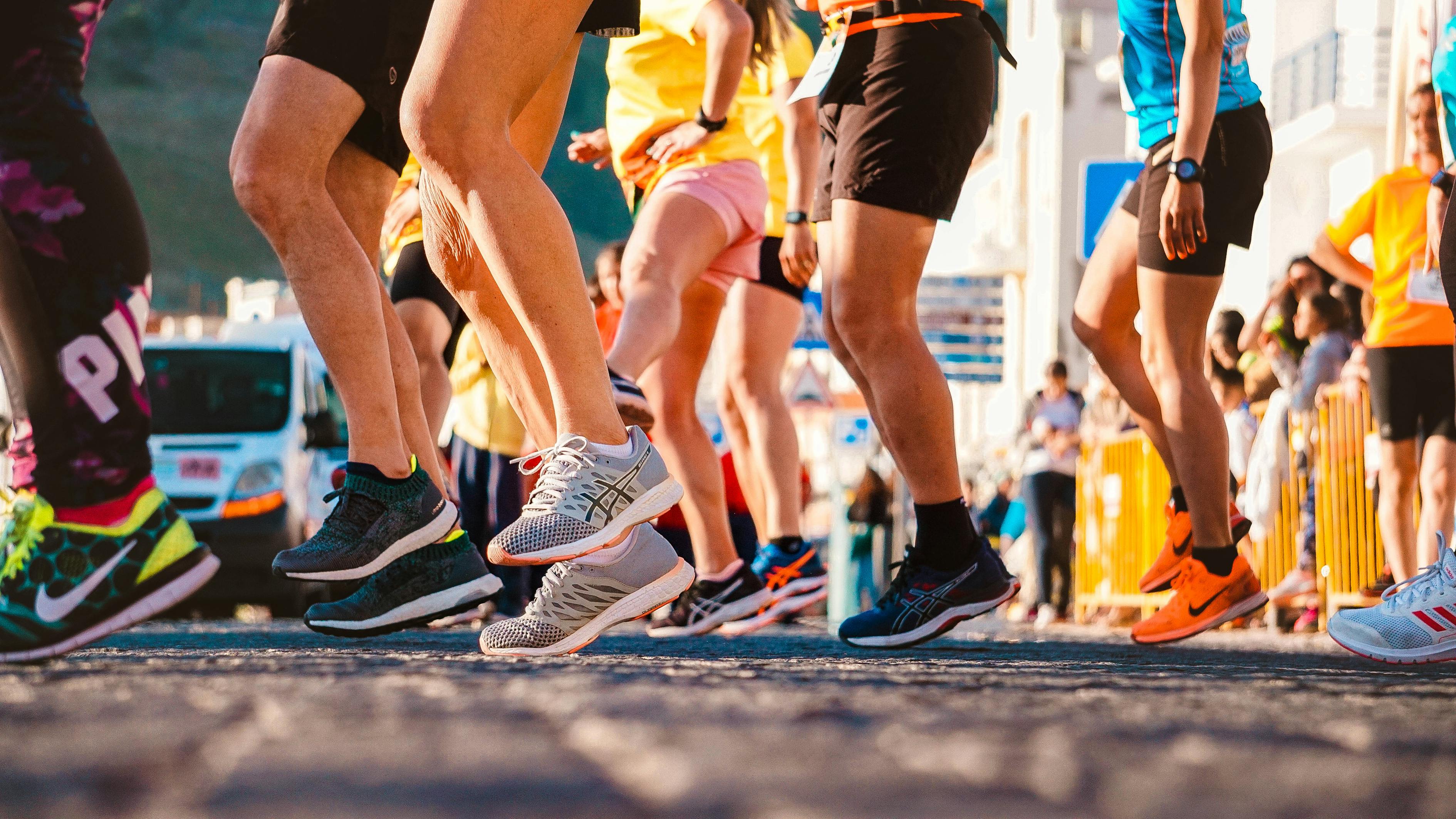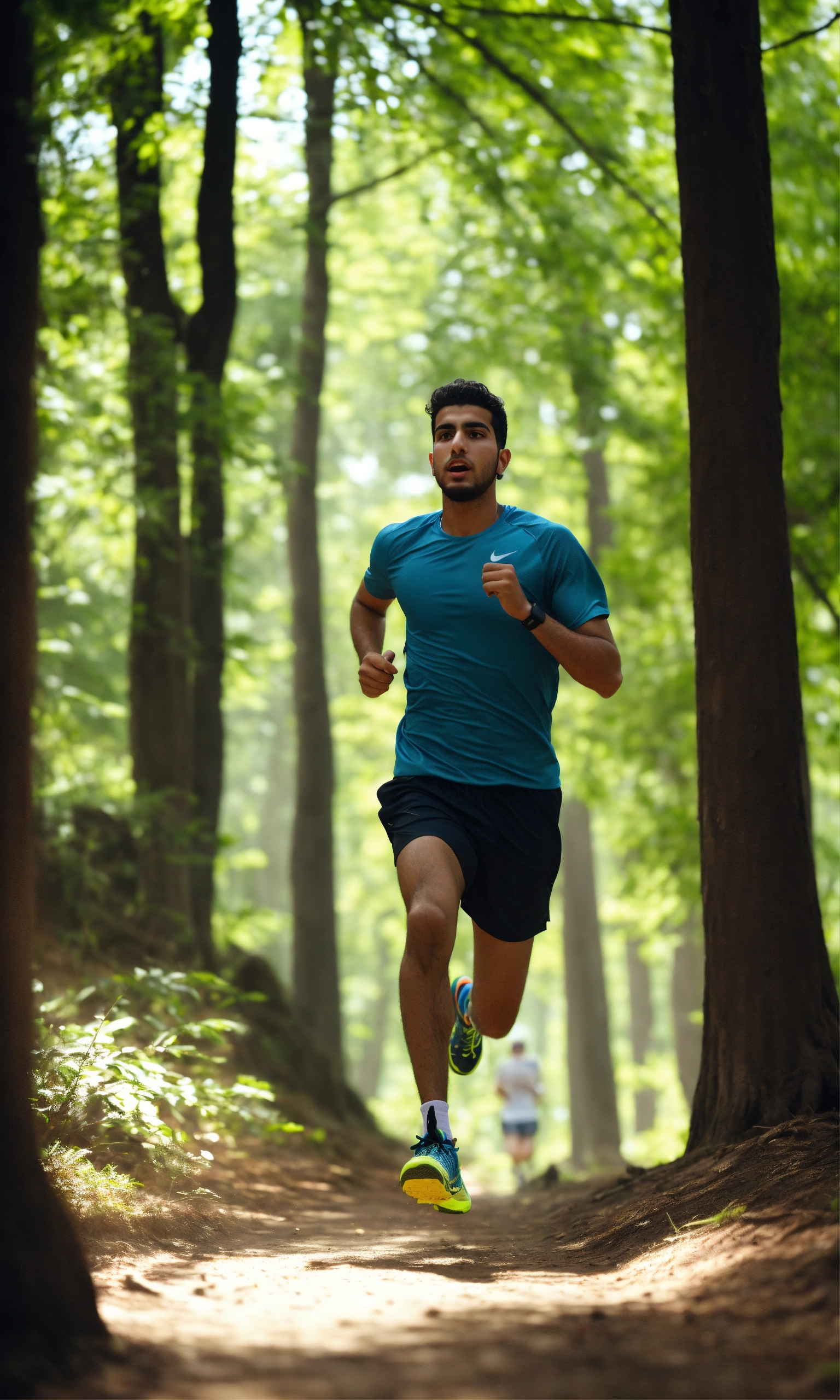Ready to Take a Hike? Consider Running Shoes Instead of Hiking Boots
Hitting the trails? Hiking boots aren’t always the best choice. Running shoes offer surprising benefits for hikers, from increased comfort to agility on uneven terrain. Explore the pros, cons, and tips for choosing and using running shoes for hiking in this guide.

The 12 Best Running Shoes With Arch Support of 2023 | Cushioned running – Source www.pinterest.com
The Benefits of Running Shoes for Hiking
Compared to hiking boots, running shoes provide:
- Enhanced Comfort: Running shoes are designed for extended wear, providing ample cushioning and support for your feet.
- Increased Agility: The lightweight and flexible nature of running shoes allows for greater freedom of movement and agility on unpredictable trails.
- Improved Breathability: Mesh uppers and breathable materials in running shoes help keep your feet cool and dry.
Considerations for Wearing Running Shoes While Hiking
While running shoes offer advantages, there are some considerations:
- Limited Ankle Support: Running shoes typically lack the ankle support found in hiking boots, which can be a concern on rugged trails.
- Reduced Protection: Running shoes offer less protection against sharp objects and elements compared to hiking boots.
- Unsuitable for Heavy Backpacks: Running shoes may not provide adequate support for carrying heavy backpacks.

Cropped Illustration Featuring the Legs of a Woman Wearing Running – Source www.alamy.com
Tips for Choosing Running Shoes for Hiking
When selecting running shoes for hiking, consider:
- Trail Conditions: Choose trail-specific running shoes with a rugged outsole for enhanced grip and stability.
- Support and Cushioning: Look for shoes with adequate arch support and cushioning to provide comfort and prevent fatigue.
- Breathability: Opt for shoes with breathable mesh uppers to keep your feet dry and comfortable.
Personal Experience with Running Shoes for Hiking
I recently traded my hiking boots for running shoes on a 10-mile hike. Initially apprehensive, I was pleasantly surprised by the comfort and agility they provided. The lightweight shoes allowed me to navigate uneven terrain effortlessly, and the breathable mesh kept my feet cool despite the warm weather. The lack of ankle support was not an issue on moderately challenging trails, but I would recommend higher-cut shoes for rugged terrains.

Looking to improve your overall fitness, both physically and mentally – Source www.pinterest.co.uk
Historical Perspective on Running Shoes for Hiking
Historically, hiking boots have dominated the trail footwear scene. However, in recent years, running shoes have gained popularity among hikers seeking comfort and versatility. Many modern trail running shoes now incorporate features specifically designed for hiking, such as reinforced outsoles and increased support.
Hidden Secret of Running Shoes for Hiking
The secret to successful hiking with running shoes lies in selecting the right pair. Trail-specific running shoes with a rugged outsole and adequate support can provide exceptional comfort and agility on most trails. However, for extended hikes with heavy backpacks or on highly rugged terrain, hiking boots remain the preferred choice.
Recommendations for Running Shoes for Hiking
Consider these recommended brands for running shoes suitable for hiking:
- Altra: Known for wide toe boxes and excellent cushioning, providing comfort on long hikes.
- Brooks: Offers a range of trail-specific running shoes with varying levels of support and cushioning.
- Hoka: Specializes in high-cushioned shoes, providing excellent comfort and stability on uneven terrain.

The Best Shoes for Ultramarathon: 8+ Ultra Specific Shoe Considerations – Source www.pinterest.com
Tailored Tips for Running Shoes While Hiking
Enhance your hiking experience with running shoes by following these tips:
- Start Gradually: Gradually increase distance and intensity to allow your feet to adjust to running shoes while hiking.
- Stay on Marked Trails: Avoid unmarked or rocky trails to minimize the risk of injuries.
- Consider Ankle Support: If necessary, wear ankle braces or choose running shoes with a slightly higher cut for additional support.
Tips for Running Shoes While Hiking
Additional tips for maximizing the benefits of running shoes while hiking:
- Use Trekking Poles: Trekking poles provide extra stability and reduce strain on your feet and ankles.
- Stay Hydrated: Drink plenty of water before, during, and after your hike to prevent fatigue and muscle cramps.
- Pack Light: Keep your backpack weight within a manageable range to minimize stress on your feet.

People Wearing Running Shoes · Free Stock Photo – Source www.pexels.com
Fun Facts About Running Shoes for Hiking
Here are some intriguing facts about running shoes for hiking:
- Running shoes are often lighter than hiking boots, making them ideal for extended hikes.
- Trail-specific running shoes can offer better grip and stability than traditional running shoes on uneven terrain.
- Many runners prefer using running shoes for hiking due to their comfort and versatility.
How to Make Running Shoes for Hiking
You cannot physically make running shoes specifically for hiking. Running shoes are designed for running, and hiking shoes are designed for hiking. However, you can choose running shoes that are suitable for hiking by considering factors such as trail conditions, support, cushioning, and breathability.
What If Running Shoes for Hiking Don’t Work Out?
If running shoes do not meet your expectations for hiking, consider the following options:
- Try Different Running Shoes: Explore other trail-specific running shoes with varying levels of support and cushioning.
- Switch to Hiking Boots: If running shoes prove inadequate, opt for hiking boots that provide better ankle support and protection.
- Use Ankle Braces: Wear ankle braces with running shoes to enhance stability and reduce the risk of injuries.
Lexica – A young Arab man is running through a forest. He is wearing – Source lexica.art
Listicle of Running Shoes for Hiking
Here’s a summary of the benefits and considerations of running shoes for hiking:
- Benefits: Enhanced comfort, increased agility, improved breathability.
- Considerations: Limited ankle support, reduced protection, unsuitable for heavy backpacks.
- Tips: Choose trail-specific running shoes, consider support and cushioning, ensure breathability.
Question and Answer
- Can I wear regular running shoes for hiking? Yes, but choose trail-specific running shoes with a rugged outsole and adequate support.
- Are running shoes good for hiking? Yes, for moderate trails and short distances, running shoes can provide comfort and agility.
- What are the benefits of running shoes for hiking? Enhanced comfort, increased agility, improved breathability.
- What are the considerations for using running shoes for hiking? Limited ankle support, reduced protection, unsuitable for heavy backpacks.

Actuators | Free Full-Text | Effect of Wearing Running Shoes on Lower – Source www.mdpi.com
Conclusion of Wearing Running Shoes For Hiking: Benefits, Considerations, And Tips
Incorporating running shoes into your hiking adventures can enhance comfort and agility, especially on less challenging trails. However, it’s crucial to choose trail-specific running shoes with adequate support and cushioning. While running shoes may not fully replace hiking boots, they offer a viable option for hikers seeking comfort and versatility. Embrace the benefits and considerations outlined in this guide to make an informed decision on whether running shoes are the right choice for your hiking needs.



